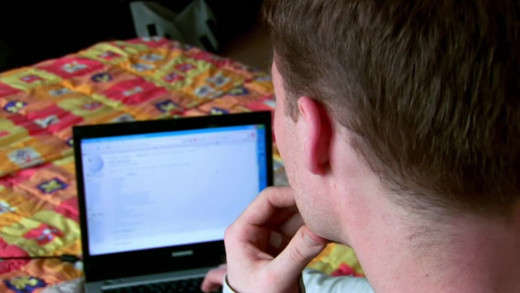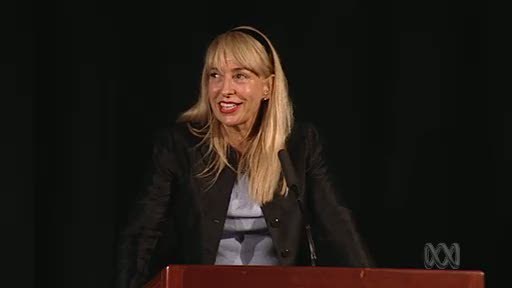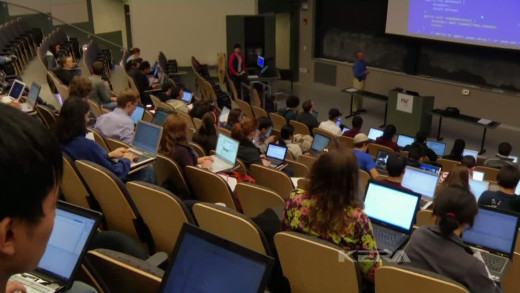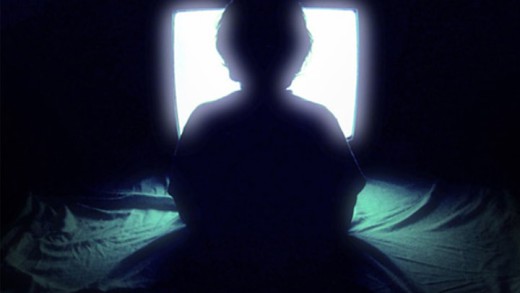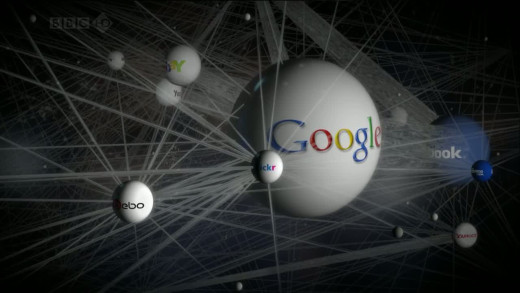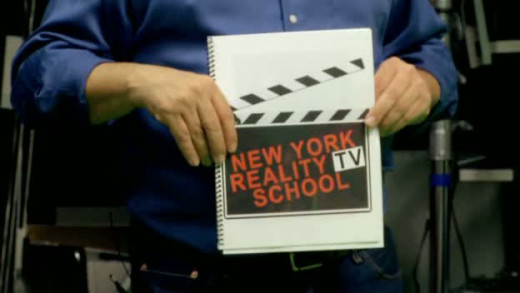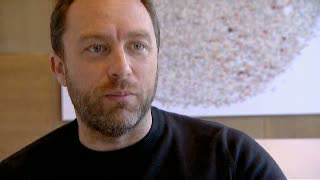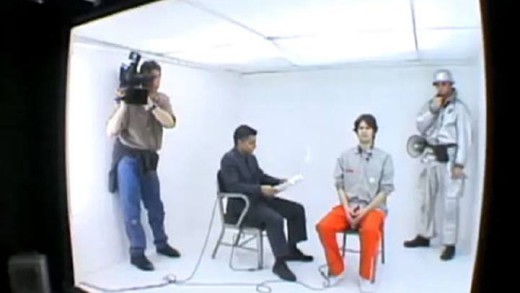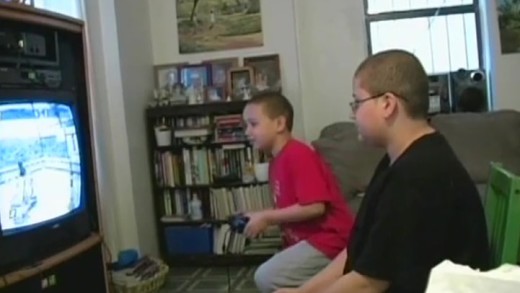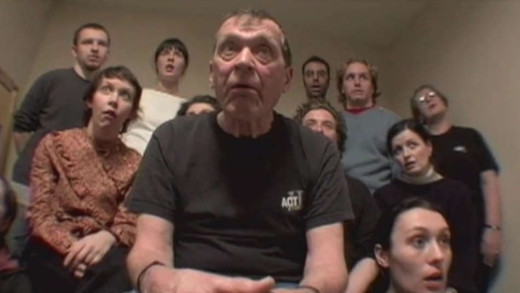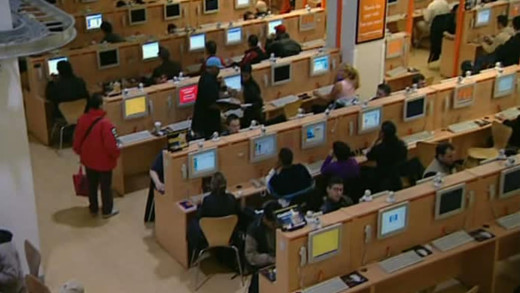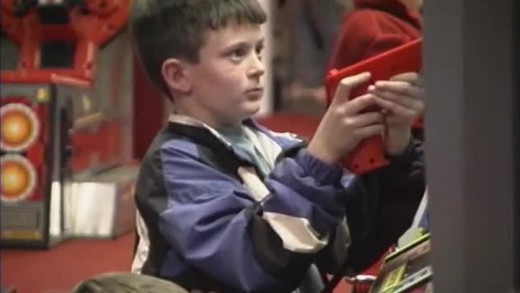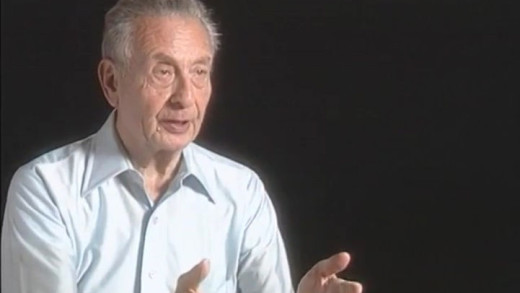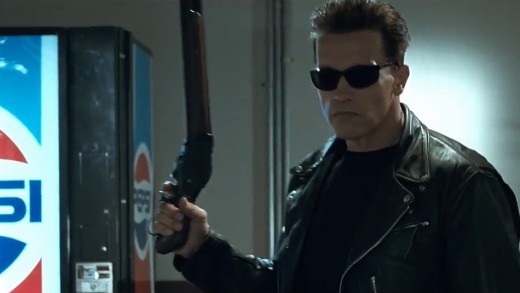Truth in Numbers? Everything, According to Wikipedia explores the cultural implications and background of one of the most visited and referenced sites on the Internet. What is the role and impact of Wikipedia in the archiving of information and the preservation of culture? What will it leave behind? This film examines the unfolding legacy by weaving multiple perspectives about the impact of Wikipedia and provoking a deeper conversation on how knowledge is formed and what future generations will learn about history and the world...
Neuroscientist Professor Susan Greenfield says today's developing brain is being worryingly reshaped by excessive visual stimulation -- the effect of a culture driven by screens. Biotechnology, nanotechnology, even the internet are all impacting on our brains and could be heralding future generations with different abilities, agendas and even ways of thinking. Her prediction is that we might be standing on the brink of a cataclysmic mind-makeover never before seen...
Within a single generation, digital media, the Internet and the World Wide Web have transformed virtually every aspect of modern culture, from the way we learn and work to the ways in which we socialise and even conduct war. But is technology moving faster than we can adapt to it? Is our constantly-wired-world causing us to lose as much as we’ve apparently gained? In Digital Nation, Douglas Rushkoff and Rachel Dretzin explore what it means to be human in a 21st-century digital world...
Based on the comprehensive work of media scholar George Gerbner, The Mean World Syndrome takes aim at the for-profit media system that thrives on violence, stereotypes, and the cultivation of anxiety. The film takes us through how the more television people watch, the more likely they are to tend to think of the world as an intimidating and unforgiving place, while being insecure and afraid of others. We see how these media-induced fears and anxieties provide fertile ground for intolerance, extremism, and a paranoid style of politics that threatens basic social values. The result is an accessible introduction to debates about media violence and more broadly, the effects of the media system. This film is a powerful tool for helping to make sense of the increasingly intense and fractious political climate of today.
20 years on from the invention of the World Wide Web, The Virtual Revolution explores how the Internet is reshaping almost every aspect of our lives. But what is really going on behind this reshaping? The inventor of the Web, Tim Berners-Lee, believed his invention would remain an open frontier that nobody could own, and that it would take power from the few and give it to the many. So how do these utopian claims stand up to today?
Starsuckers
By planting a variety of fake celebrity-related stories in the UK media and having tabloid newspapers accept them without corroboration or evidence, Starsuckers navigates through the shams and deceit involved in creating a pernicious celebrity culture, uncovering the real reasons behind the addiction to fame and the corporations and individuals who profit from it.
Google or Wikipedia? Those of us who search online are getting referred more and more to Wikipedia. For the past two years, this free online “encyclopaedia of the people” has been topping the lists of the world’s most popular websites. But do we really know what we’re using? The Truth According To Wikipedia plunges into the story behind Wikipedia and explores the powerful world of ‘Web 2.0’ -- Is it a revolution, or pure hype?
This film explores what affect the web is having on our society, as seen through the eyes of "the greatest Internet pioneer you've never heard of." Josh Harris--often called the "Andy Warhol of the Web"--founded a website during the renowned dot-com boom of the 1990s which was the world's first Internet television network. This concept was way ahead of its time. Using this platform, before broadband, a vision of that future was exemplified at an underground bunker in New York City where over 100 people lived together completely on camera, non-stop and unedited for 30 days over the millennium. These happenings, documented through We Live In Public, serve as a powerful analogy for the Internet as it's now known today and the price we pay for living in its 'public.' It shows the costs of willingly trading privacy and sanity for a constant voracious audience, attention, and the pursuit of celebrity, in an online world of pervasive surveillance.
The average child in the United States spends 40+ hours per week consuming media—the equivalent of a full-time job. This means that by the time children born today turn 30, they will have spent an entire decade of their lives in front of a screen. Remote Control examines the implications of this unprecedented level of exposure by showing the media habits of two families and supplementing their personal insights with interviews from media experts and educators. Revealed is the centrality of media in our lives and far-reaching effects that we are only beginning to understand, as well as ways we might begin to help our children live a life instead of watching one.
Stupidity sets out to determine whether our culture is hooked on deliberate ignorance as a strategy for success. From Adam Sandler to George W. Bush, from the IQ test to TV programming, to the origins of the word "moron," this film examines the celebration of dumbing-down in contemporary culture. Featuring opinions and comments from TV personalities to scholars, researchers, and the general public, Stupidity reveals that despite this culture's extensive access to information and education, it continues to choose and celebrate stupidity and ignorance.
With its motto "Don't be evil," Google claims it has the best intentions. But there are also claims that Google is slowly turning into Big Brother, keeping track of users and continuously making decisions about the information it provides. Will Google turn out to be the new Library of Alexandria, serving as the great collector that brings the world's information to supposedly everyone, as it claims? Or is it more like a monopolistic, Ministry-Of-Truth-type corporation that challenges the very freedom of information by its stronghold over internet data?
The Net explores the back-story of Ted Kaczynski (the infamous 'Unabomber') as a prism to the often unexamined side of the history of the Internet. The film combines travelogue and investigative journalism to trace contrasting counter-cultural responses to the so-called 'cybernetic' revolution of the 1970s. For some whom resist the pervasive systems of digital technology, the Unabomber can come to symbolise an ultimate figure of refusal. But for those that embrace the technologies, as did and do the champions of so-called 'media art', such as Marshall McLuhan, Nam June Paik and Stewart Brand, the promises of worldwide networking and instantaneous communication outweigh any and all of the concerns. The Net links these multiple nodes of cultural and political history, analogous to the Internet itself. Circling through themes of utopianism, anarchism, terrorism, the CIA, LSD, MKULTRA, Timothy Leary, Ken Kesey and the Merry Pranksters, The Net exposes the conspiracies and upheavals, secrets and cover-ups as part of the forgotten subversive history of the Internet.
At the time of making this film, the year 2000, computer games represented a $6 billion a year industry, and one out of every ten households in the United States owned a Sony Playstation—numbers that have no-doubt since skyrocketed. Back then, children played an average of ten hours per week—a stat also since to have increased today—and yet, despite capturing the attention of millions of these kids, video games remain one of the least scrutinized cultural industries. Game Over seeks to address this fastest growing segment of the media, through engaging questions of gender, race and violence. Game Over offers a much needed dialogue about the complex and controversial topic of video game violence, and is designed to encourage viewers to think critically about the games they play.
Through exploring deep questions about the way mainstream media is organised and perpetuated in concert with technological development, media expert George Gerbner delivers a solid indictment of the way the so-called "information superhighway" is now being constructed. Following on from his solid work looking at the impacts of television on society, Gerbner turns to examining emerging technologies like V-chip and the way they interface with globalisation. This film urges the viewer to struggle for democratic principles in this emerging technoculture.
By addressing the question of violence and the media from a number of different angles, The Killing Screens presents a comprehensive view on how to think about the effects of the media environment in new and complex ways. In contrast to the relatively simplistic behaviourist model, that "media violence causes real-world violence," renowned media scholar and researcher George Gerbner shows us how to think about the psychological, political, social, and developmental impacts of growing up and living within a cultural environment of pervasive violent imagery and narratives. What are some of the impacts of this culture and what can be done about it?
